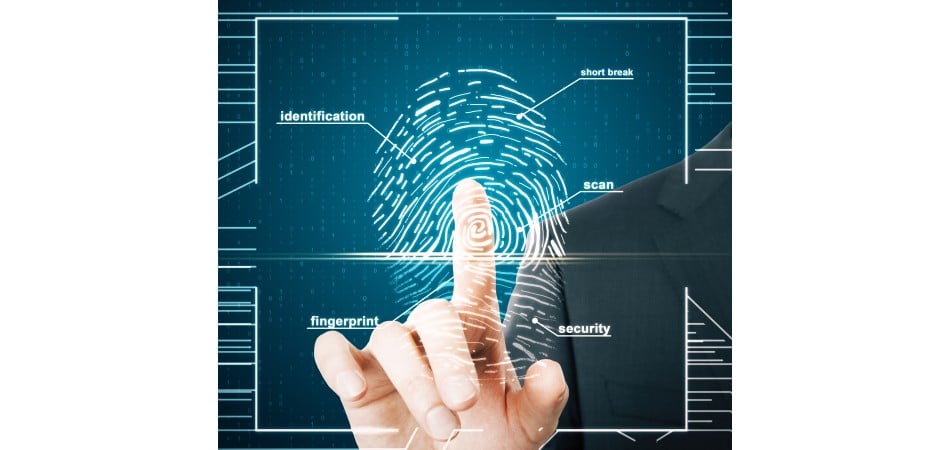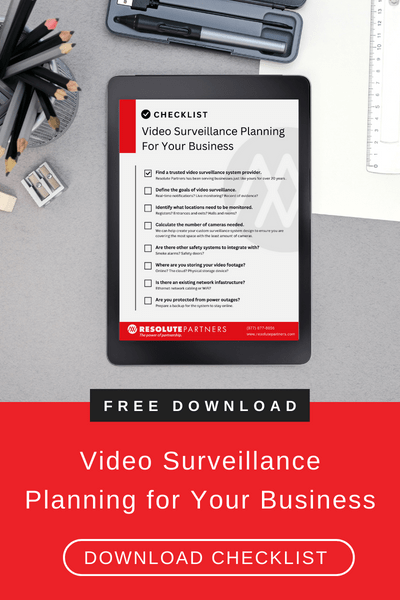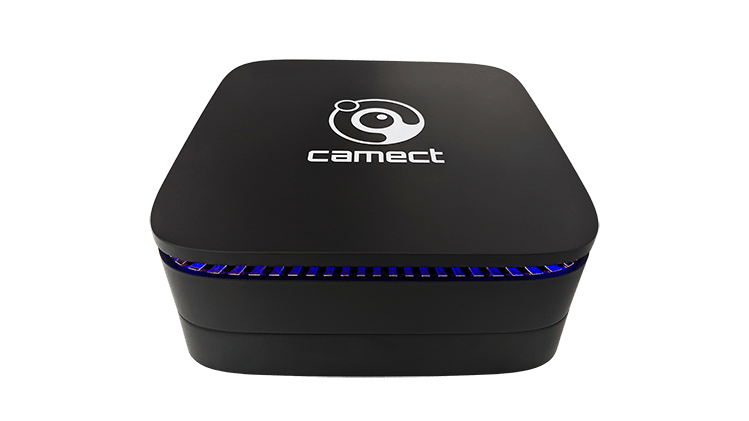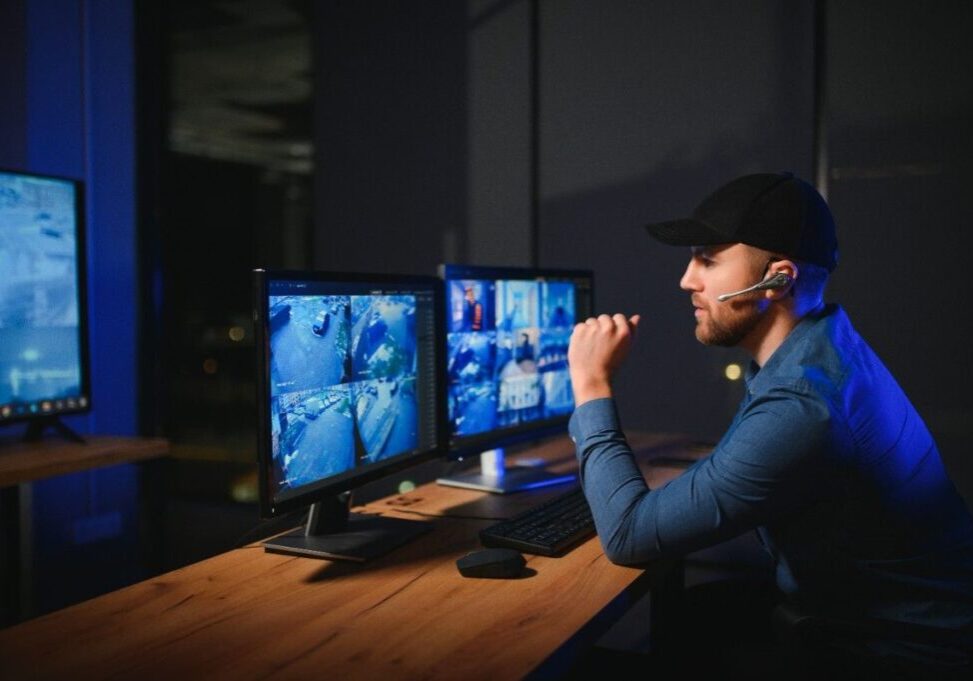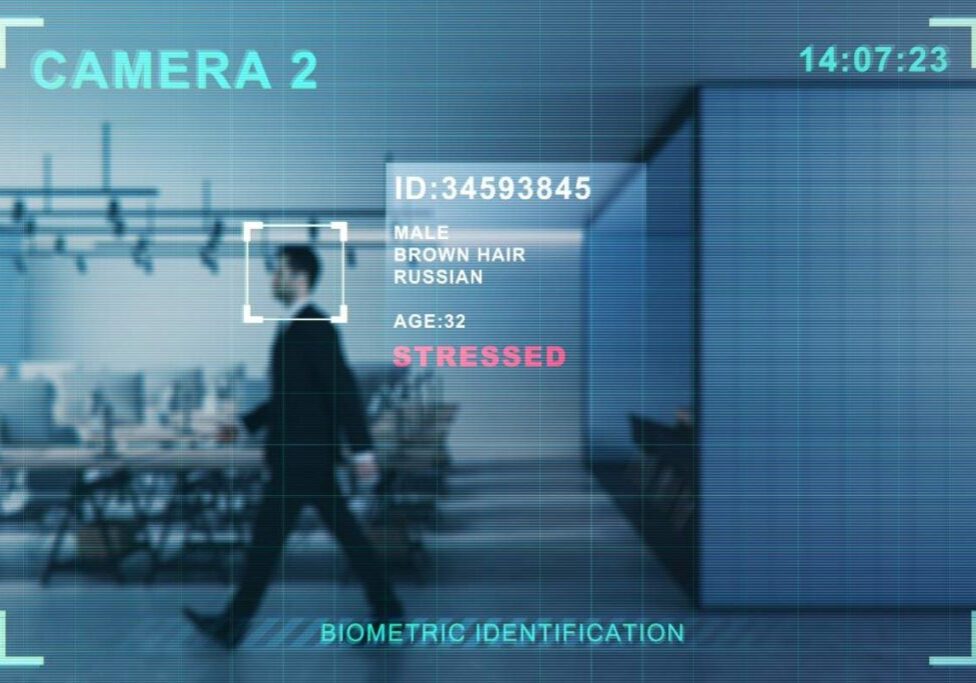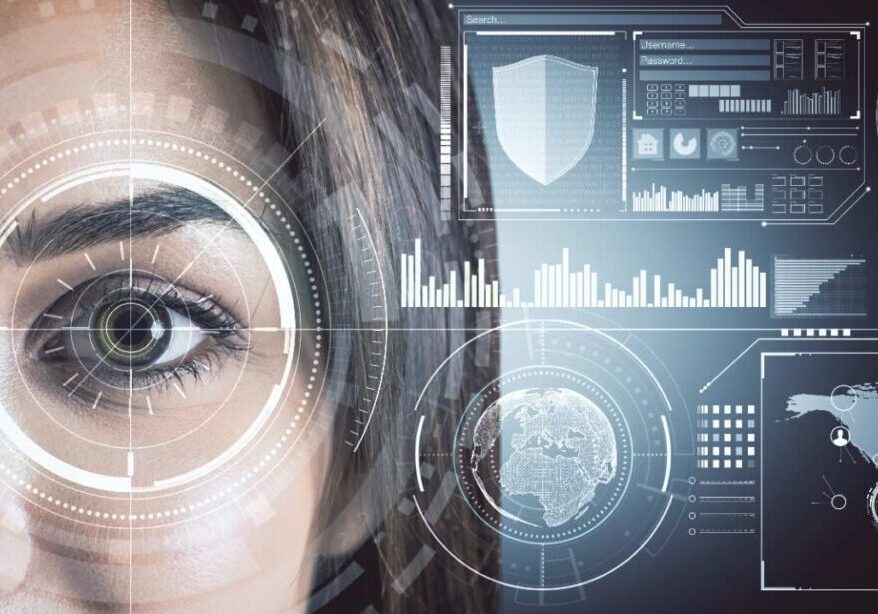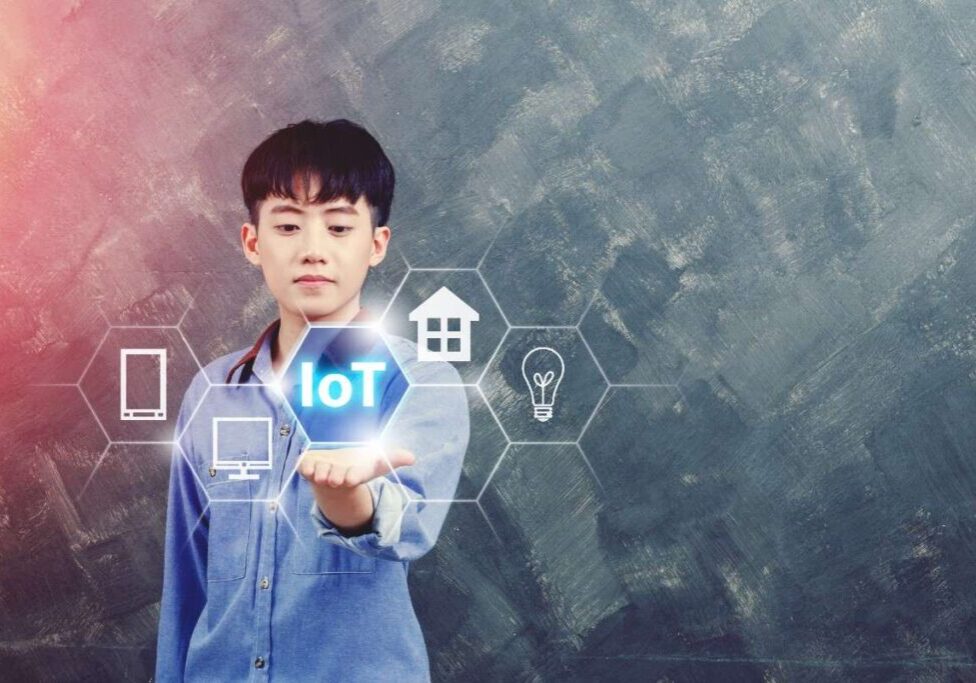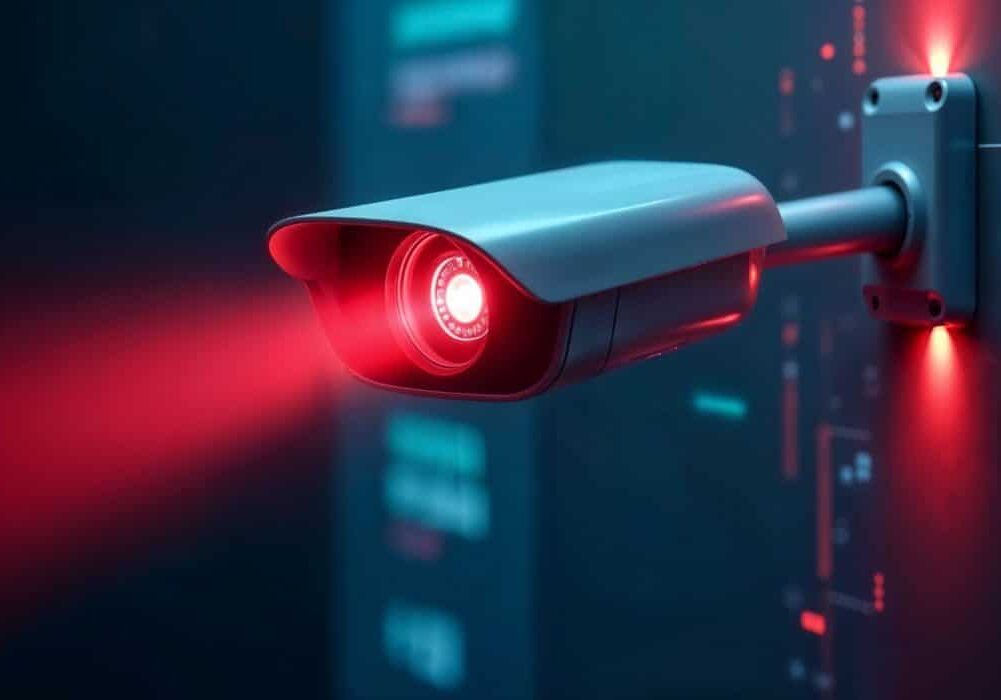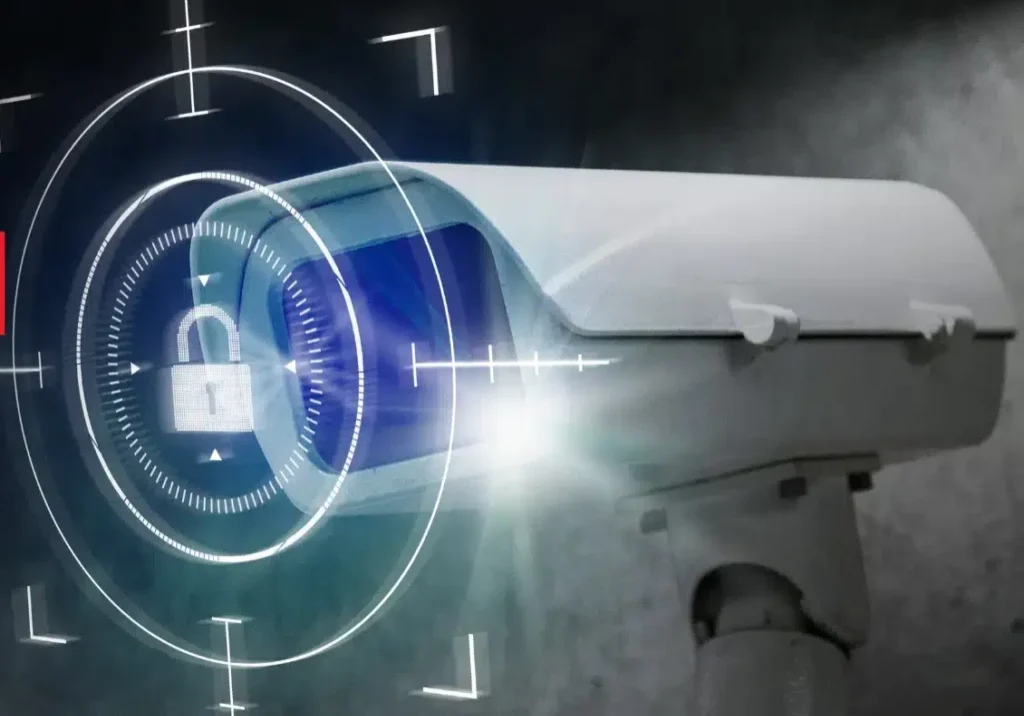Summary: Security system integrators are professionals who design, install, and maintain interconnected security networks that protect organizations from increasing physical and cyber threats. They create systems according to the business needs, continuous support, updates, and staff training make them essential part for developing dependable, scalable, and secure operations.
According to the FBI, physical property crime resulted in approximately $15.8 billion worth of financial losses in 2019. Cybersecurity threats and incidents related to video networks and access control devices are also increasing, with a 15.1% rise from 2020 to 2021. For this reason, organizations of all sizes continue to rank security as a top priority.
In response, many business and property owners have invested in advanced security hardware, software, and IT solutions. However, simply having these tools is not enough to successfully develop and configure an interconnected video surveillance solution and physical security network.
Security integrators help close this gap. They assess an organization’s operations to design, install, and configure a security network that fits the business’s infrastructure while safeguarding assets and keeping processes secure.
The Role Of Security Integrators
Security system integrators are hired professionals whose main responsibility to help organizations unite all general utility, property, and security systems into one reliable and secure, interconnected network.
They are also responsible for detecting and eliminating any cyber threats or risks that may be present throughout the entire connected security system, including vulnerabilities created when IT tools are used to control or manage physical devices.
Thus, security system integrators will work closely with your team to get an insight into your security requirements when partnering with your organization. Then, they will then design, install, and safeguard a detailed security system per your needs.
Each site-specific security systems will also be customized and optimized before your staff is trained on how to operate and manage it. After design, installation, and education are completed, your integrator will continue to provide regular upgrades and maintenance.
The level of support your organization receives will vary depending on the security system integrator you choose. To ensure complete coverage, it is crucial that you select the right full-service cyber and physical security system integrator. This security professional will be there with you from start to finish– acting as a point of contact for all needs from development and installation to ongoing maintenance and staff training.
The Benefits Of Hiring A Security Systems Integrator
Security system integrators take organizations’ integrated security networks and maximize their value. Each component of the system is matched with the customer’s operational needs. Retailers may have closed-circuit live camera monitoring as one of their theft-detection measures. While auto dealers may need more advanced cybersecurity controls for their expensive parts, they can also be used to confirm the validity of customer service claims.
Another benefit of hiring a security systems integrator is that they can strengthen and secure access control devices. Modern businesses, when connected and integrated with other security features, track property access and acquire insight into employees’ and customers’ movements through a facility.
Integrators can also link access control readers with a variety of security attributes. They set up networks in a way that devices share informative data and merge access control with alert systems and visitor management. Such integrations can facilitate additional functionalities, such as real-time analytics, video monitoring, and delivery management.
Cybersecurity plays a major role in converged security systems, as improper configuration can expose the network to new threats. Experienced security integrators can develop converged systems and prioritize network security.
During the planning stage, integrators will inform you about why and how your interconnected system may become vulnerable to attacks. They are also likely to suggest additional available protection solutions. For example, firewalls can restrict access to the network and block DoS attacks and any unwanted network traffic. See our blog “Take Control Of Your Video Security – Part 2” for additional information regarding physical, logical, and password security practices.
Comprehensive integrators render assistance perpetually post-installation. These services often comprise system health monitoring, cybersecurity testing, software patching, firmware updates, and physical maintenance, such as equipment inspections and hardware replacements.
Meanwhile, the provider assures continued technical and security training. This further provides the faculty with the know-how of working and maintaining the new systems.
The personnel are instructed on accessing vital system data and analytics, while the integrators inform the companies about utilizing this data to observe and thereby improve the security network.
How To Find The Right Security System Integrator For You
When choosing a security system integrator, there are a few key factors that should guide your selection process.
Several factors should guide your selection. First, verify whether the integrator possesses a high level of expertise in the current cybersecurity and physical security technologies. At the same time, they must collaborate with reliable vendors and suppliers. Find out their familiarity with enhancing system performance, so to speak, whose methods include adopting energy-efficient or cost-effective features, and ensure that the agreement will not tie you up in unfit long-term commitments.
First, ensure that your chosen integrator is experienced and aware of the latest cybersecurity and physical technology protocols. They should also have access to respected vendors and suppliers. Be sure to ask about your security system integrator’s experience with increasing system efficacy– such as past work integrating energy or money-saving solutions and make sure they are not tying you into long-term hardware or service contracts should there be a problem
Your integrators should hold certifications and compliance that relate to your organization’s specific needs and network components.
Finally, ensure that your security system integrator can continue to work with you and provide regular maintenance and employee training services as your organization scales. Also, ask how your provider will manage and secure sensitive company data and inquire about whether they use disaster recovery systems.
FAQs
The integrator is responsible for designing, setting up, and managing security systems that link all components together, including cameras, access control, alarms, and network safeguards, ensuring the entire system operates securely.
They ensure proper configuration, security gaps closure, performance enhancement, and staff training as the main benefits, resulting in a dependable solution tailored to your requirements.
Choose an integrator possessing extensive experience, certified partners, and strong support services, along with a record of delivering scalable solutions.
It unifies security tools into a single network, while also enhancing their visibility, prioritizing their response time, easing their management, and yielding greater returns on investment.
Yes. The secure systems keep software up to date, conduct security audits, and monitor for problems to protect against both digital and physical threats.

Michael S. Blanco is the Chief Executive Officer and Co-Founder of Resolute Partners, LLC, where he leads strategic initiatives across various divisions. After owning family entertainment centers in New England, he co-founded Resolute Partners in 1996, launching the first Internet cafés for the U.S. Navy and partnering with AT&T for global deployment. A pioneer in wireless communications, Michael has expanded the company’s focus to include Energy Management/IoT, Cybersecurity, and Managed Video Security. He holds a degree from the Rochester Institute of Technology.
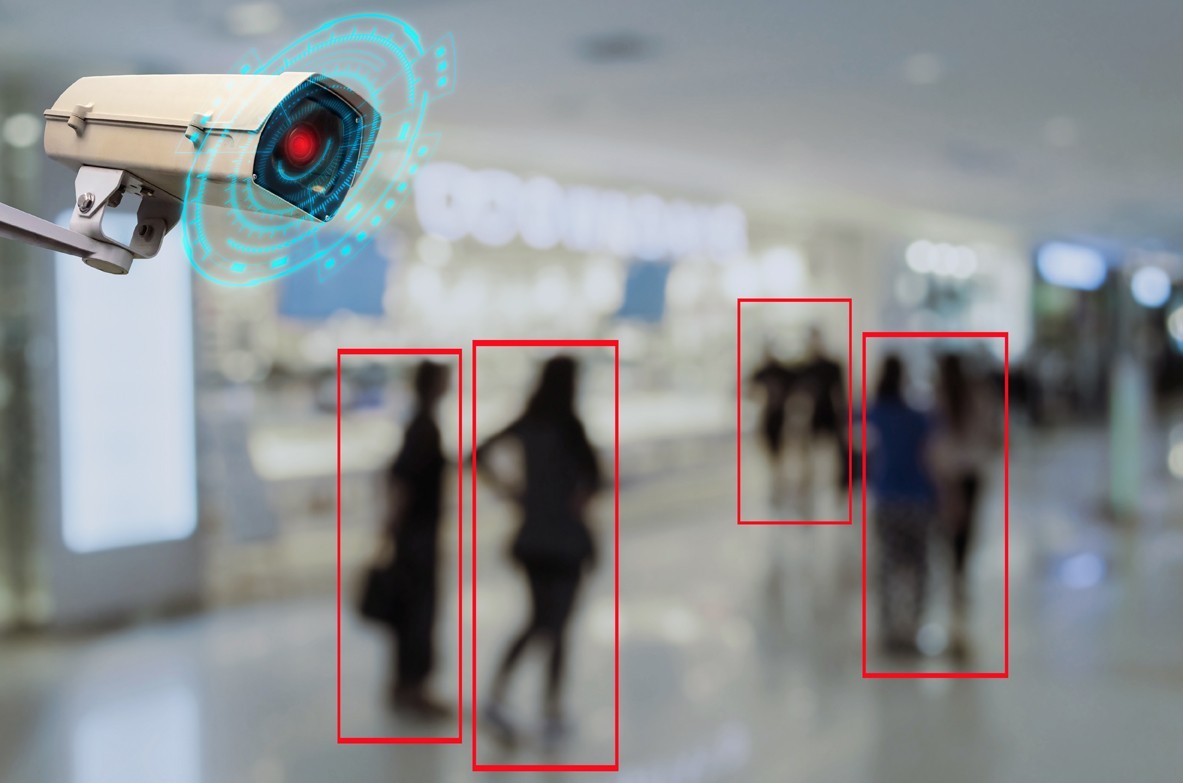
Stay up to date.
Subscribe for latest news, protection tips, special offers, and more!



